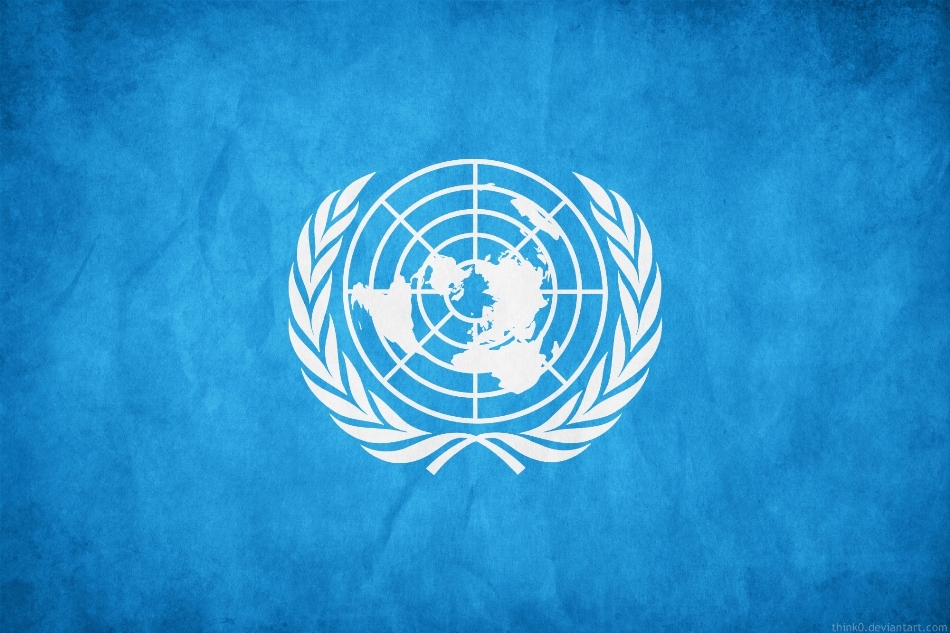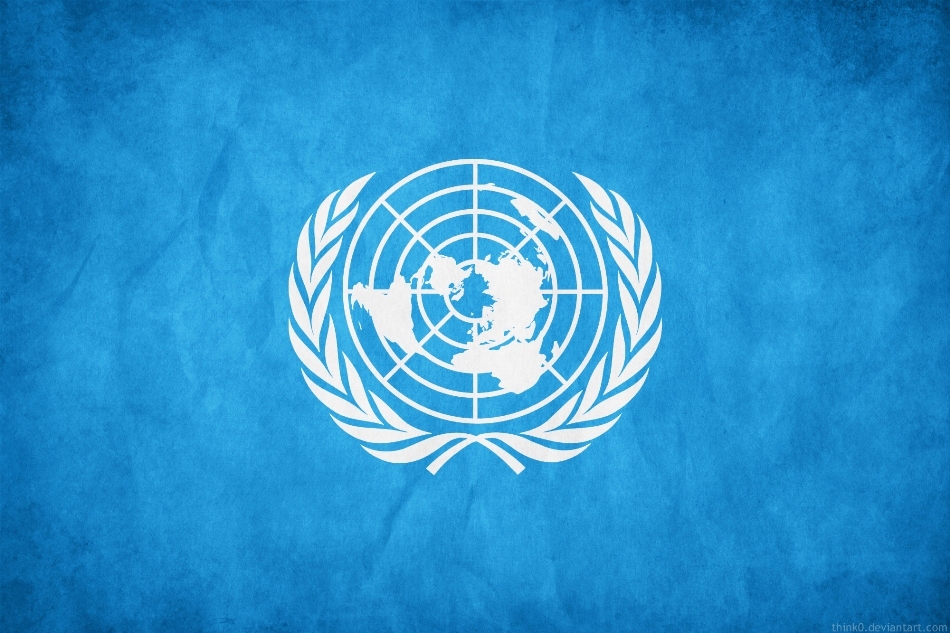ghazi52
PDF THINK TANK: ANALYST

- Joined
- Mar 21, 2007
- Messages
- 104,348
- Reaction score
- 106
- Country
- Location
Pakistan reaffirms commitment to N-test ban treaty
Envoy urges UN to address key motivations that drive states to possess nuclear weapons
APP
August 28, 2020

UNITED NATIONS: Reiterating its support for the objectives of the nuclear test-ban treaty, Pakistan has reminded the international community of its voluntary moratorium on nuclear testing since 1998, despite regional security threats.
“Pakistan remains committed to the goal of a nuclear weapon-free world,” Ambassador Muhammad Aamir Khan, deputy permanent representative of Pakistan, told a virtual meeting held at UN Headquarters in New York.
The meeting came ahead of the International Day against Nuclear Tests, observed annually on 29 August since 2010. August 29, marks the anniversary of the 1991 closure of the Semipalatinsk test site in Kazakhstan, the largest nuclear test site in the former Soviet Union.
The Pakistani representative said that Pakistan had made several proposals to keep South Asia free of nuclear weapons and their means of delivery, following the first nuclear tests in South Asia in 1974, but regretted none of them met a favourable response.
“Pakistan was not the first to conduct a nuclear test in South Asia and would not be the first to resume testing”, he told delegates from around the world. “Despite regional security threats, Pakistan has maintained a voluntary moratorium on nuclear testing since 1998.”
Ambassador Khan added that these tangible measures were a demonstration of “Pakistan’s commitment to the objectives and purposes of the CTBT” [Comprehensive Nuclear Test-Ban Treaty].
Pakistan had been voting in favour of the annual CTBT resolution in the General Assembly’s First Committee, which deals with disarmament and international security matters. Pakistan is also an accredited observer state of the CTBT Preparatory Committee.
Khan urged the international community to address the key motivations that drove states to possess nuclear weapons. These include threats from larger military forces – both nuclear and conventional; existence of longstanding disputes with more powerful states and the failure of the UN to implement its own resolutions to resolve such disputes; the failure of the UN collective security system to deter aggression and military threats and discrimination and selectivity in the application of international norms and standards.
These legitimate motivations, the Pakistani representative added, were “different from those of states that retained nuclear weapons as a matter of prestige, either to maintain or to attain the status of a global power”.

 tribune.com.pk
tribune.com.pk
Envoy urges UN to address key motivations that drive states to possess nuclear weapons
APP
August 28, 2020

UNITED NATIONS: Reiterating its support for the objectives of the nuclear test-ban treaty, Pakistan has reminded the international community of its voluntary moratorium on nuclear testing since 1998, despite regional security threats.
“Pakistan remains committed to the goal of a nuclear weapon-free world,” Ambassador Muhammad Aamir Khan, deputy permanent representative of Pakistan, told a virtual meeting held at UN Headquarters in New York.
The meeting came ahead of the International Day against Nuclear Tests, observed annually on 29 August since 2010. August 29, marks the anniversary of the 1991 closure of the Semipalatinsk test site in Kazakhstan, the largest nuclear test site in the former Soviet Union.
The Pakistani representative said that Pakistan had made several proposals to keep South Asia free of nuclear weapons and their means of delivery, following the first nuclear tests in South Asia in 1974, but regretted none of them met a favourable response.
“Pakistan was not the first to conduct a nuclear test in South Asia and would not be the first to resume testing”, he told delegates from around the world. “Despite regional security threats, Pakistan has maintained a voluntary moratorium on nuclear testing since 1998.”
Ambassador Khan added that these tangible measures were a demonstration of “Pakistan’s commitment to the objectives and purposes of the CTBT” [Comprehensive Nuclear Test-Ban Treaty].
Pakistan had been voting in favour of the annual CTBT resolution in the General Assembly’s First Committee, which deals with disarmament and international security matters. Pakistan is also an accredited observer state of the CTBT Preparatory Committee.
Khan urged the international community to address the key motivations that drove states to possess nuclear weapons. These include threats from larger military forces – both nuclear and conventional; existence of longstanding disputes with more powerful states and the failure of the UN to implement its own resolutions to resolve such disputes; the failure of the UN collective security system to deter aggression and military threats and discrimination and selectivity in the application of international norms and standards.
These legitimate motivations, the Pakistani representative added, were “different from those of states that retained nuclear weapons as a matter of prestige, either to maintain or to attain the status of a global power”.

Pakistan reaffirms commitment to N-test ban treaty | The Express Tribune
Envoy urges UN to address key motivations that drive states to possess nuclear weapons
 tribune.com.pk
tribune.com.pk




